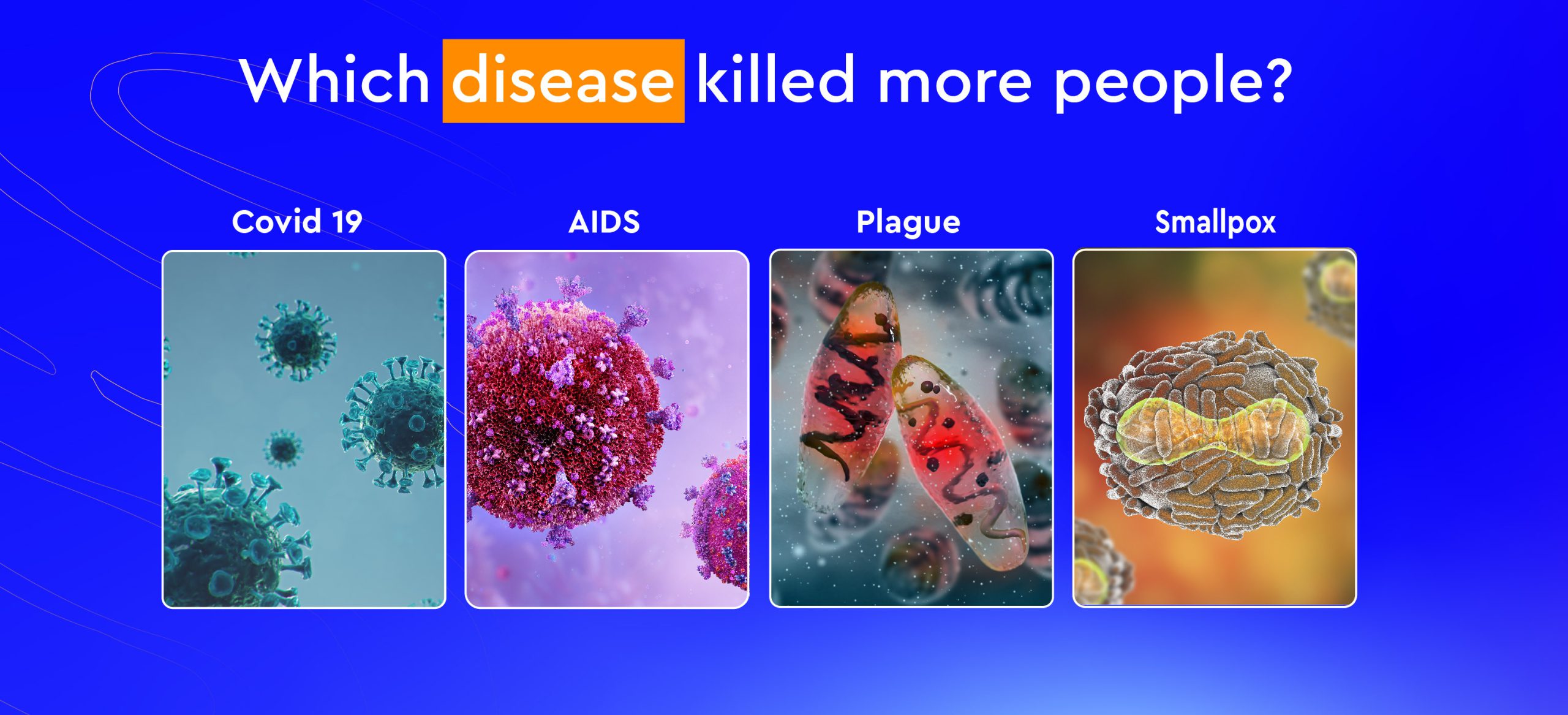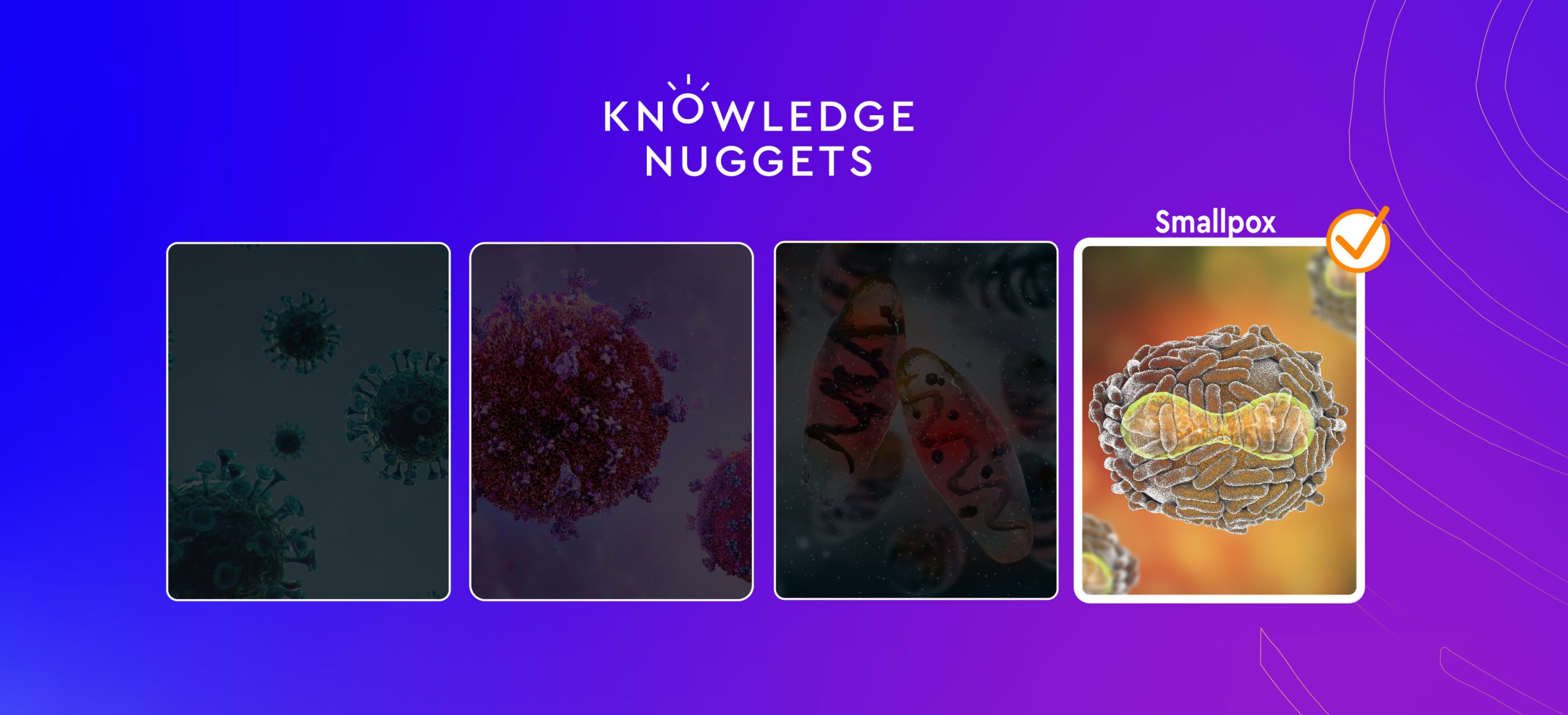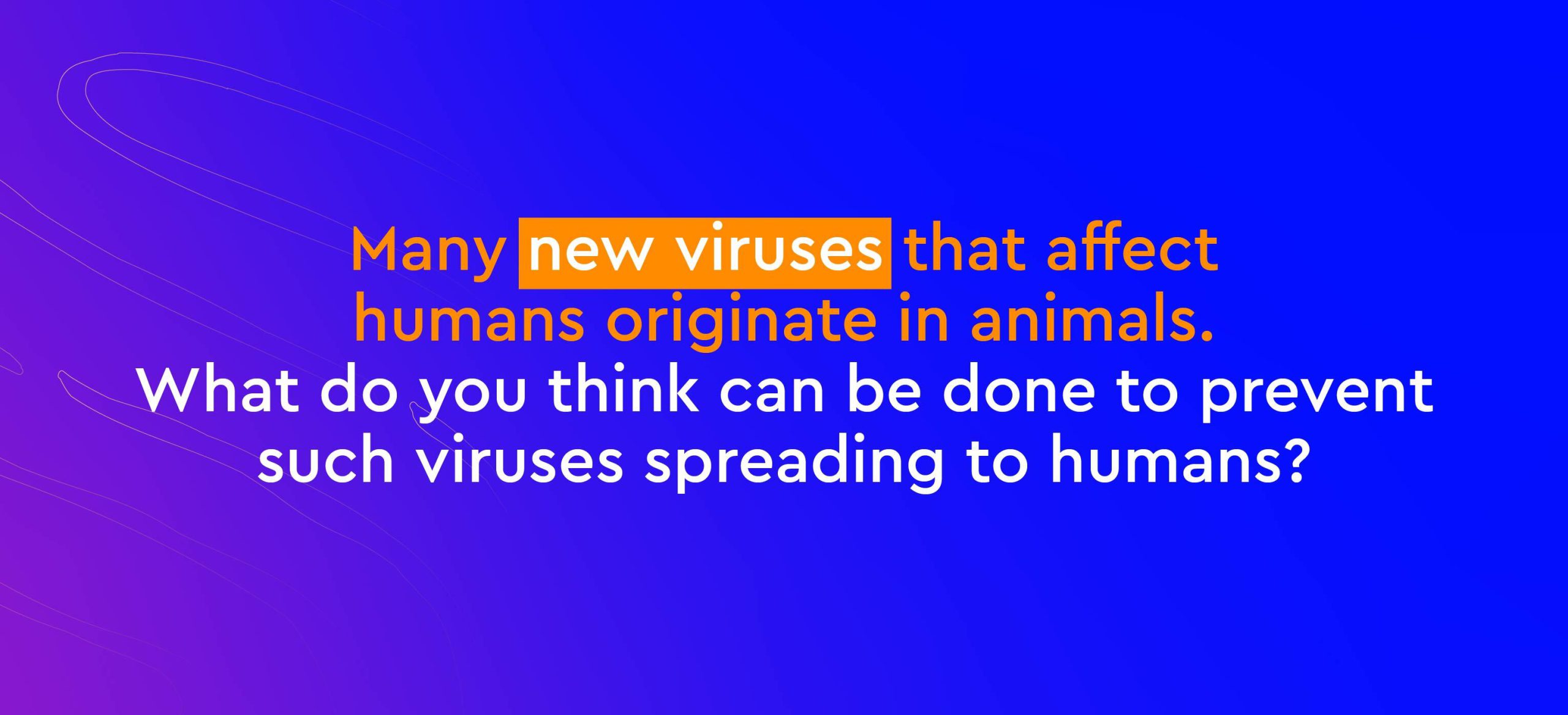

How Can We Fight Epidemics?
How Can We Fight Epidemics?
People have suffered from epidemics for thousands of years, but it wasn’t always like this. When did epidemics begin, and what can be done to fight them?
In the 14th century BCE, the mayor of ancient Megiddo complained to the Egyptian Pharaoh Amenhotep III that a plague had struck the city. So we know that people in the ancient world suffered from epidemics as we do today. However, it hasn’t always been that way.
Before the agricultural revolution, when Homo sapiens lived in relatively small groups, plagues were rare. It was only when we started to build large cities, with lots of animals and people living in close proximity, and then vast networks of internationally connected economies that it became easier for infectious diseases to spread rapidly.
In the age of European exploration and colonization, settlers often brought with them diseases that wreaked havoc among native populations. There were many devastating epidemics caused by a variety of viruses and bacteria. The most deadly disease was probably Smallpox, which had plagued humanity for at least 3000 years, killing 300 million people in the 20th century alone. Thanks to a global operation that involved 500 million vaccinations, it has been eradicated.
Nowadays, scientists warn that the continual destruction of natural environments and the consumption of and trade in exotic animals make outbreaks of zoonotic (animal-borne) viruses more likely, and some could be far more deadly than Covid 19.
Group Activity
- Divide the group into several teams.
- Pick one of the questions from the list below and let each team discuss it and then present their thoughts to the group; Alternatively, assign each team with a different question, and when they present it to the group ask the remaining teams for their thoughts as well.
Questions
- Many new viruses that affect humans originate in animals. What do you think can be done to prevent such viruses spreading to humans?
- Scientists have shown it is possible to eliminate malaria-spreading mosquitoes by genetically modifying them with an inserted strand of DNA that deforms their reproductive organs. They hope that wiping out these mosquitoes will end malaria. Do you think this is a good idea? Can you imagine what unintended consequences it might have?
To delve deeper, give each team an article from the list below (you can assign all of the articles or choose between them). Ask each team to summarize the article’s main argument(s) and present it to the group. Things to note and address: where was the article published (a magazine? A news website? An academic journal?) Who is the author (a columnist? An academic?). Each team can also turn the article’s core argument into a slogan (“AI deletes the I”, “The solution is evolution”, etc.). Ask each team to present their thoughts on the question to the group.- Article 1: How An Altered Strand Of DNA Can Cause Malaria-Spreading Mosquitoes To Self-Destruct. NPR, July 2021
- Article 2: Gene editing could eliminate mosquitoes, but is it a good idea? CNN, September 2018
- Article 3: Kill All the Mosquitoes?! Smithsonian, June 2016
- Vaccination is an effective way to end an epidemic. The covid-19 pandemic saw a rise in the number of people who oppose vaccination, despite the medical consensus. Why do you think this is? And should we have laws forcing people to be vaccinated?
To delve deeper, give each team an article from the list below (you can assign all of the articles or choose between them). Ask each team to summarize the article’s main argument(s) and present it to the group. Things to note and address: where was the article published (a magazine? A news website? An academic journal?) Who is the author (a columnist? An academic?). Each team can also turn the article’s core argument into a slogan (“AI deletes the I”, “The solution is evolution”, etc.). Ask each team to present their thoughts on the question to the group.- Article 1: We need to understand how anti-vaxxers feel to make sense of their actions. The Conversation, November 2021
- Article 2: I was once a hardcore anti-vaxxer. Now I try to nudge people to get the Covid-19 vaccine. Stat, August 2021
- Article 3: Should We Be Forced to Get Covid Vaccines? It’s Complicated. Bloomberg, June 2021






